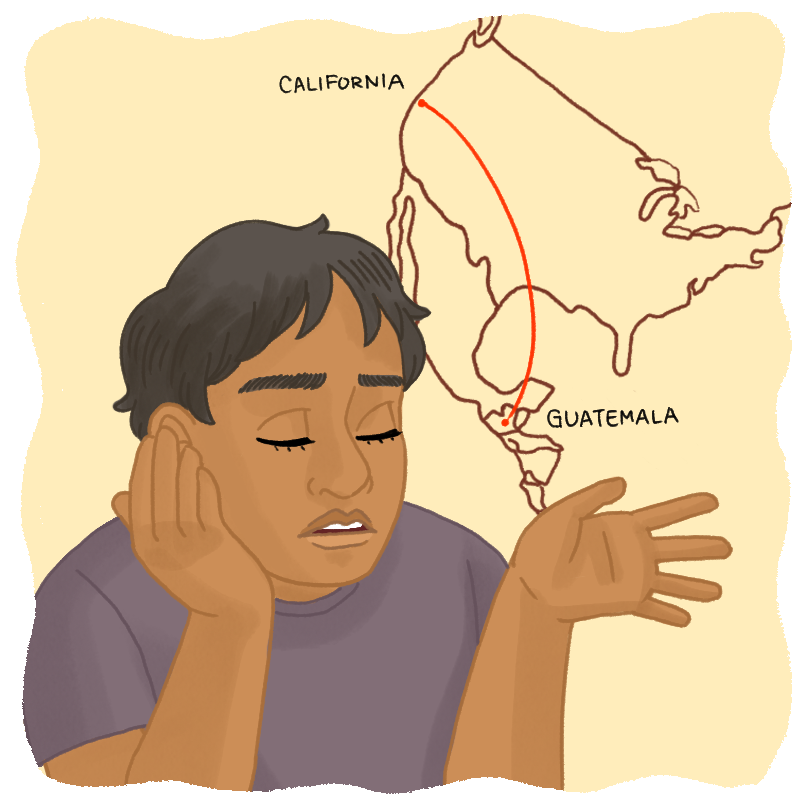





Chapter 2. Talking About Trauma Copy
Continue taking notes on Nelson. Then, compare to the sample notes. The notes detail further information.

Though Nelson is definitely still irritable, he tends to make polite eye contact as he answers your questions. You continue to take notes and interview Nelson and his mother, careful to mirror and clarify the language they’ve both been using.
“Nelson and Ms. Hernández, you mentioned some bad things that were happening in the past. Can you tell me what you meant by the ‘bad things that happened’?”
Nelson takes a big breath in and launches into an explanation, “When we were back home, there were some really bad people who wanted to hurt us. They killed my father and wanted to do the same with my mother. My mom escaped—she crossed the border and went to the U.S. But they continued to come to our house even after she was gone.”
Nelson’s mother expounds on the events from before he was old enough to remember, “I had to flee, there was no other choice, it was too dangerous. Bad things were happening all the time: killings, kidnappings, torture. When my late husband was young, he got into an argument with some people involved in a gang. And they just kept threatening him. Nelson was a toddler when they killed him. Luckily, he was with my mother and didn’t see that. I am happy that my Nelson is now safe and with me. My mom took care of him while I was away. Now I work and can provide for us. We are happy here.” She glows with happiness at their successful reunion, but maintains a noticeable undercurrent of worry for Nelson.
You ask Nelson, “Do you consider ‘the accident’ as one of the ‘bad things that happened’?”
He nods emphatically, “Yeah, it is one of the bad things…Bad things always happen to me.”
“I am very sorry that you feel like that, Nelson. We will talk more about why you might feel that later.”
“Okay. But it wasn’t like that before the bad events,” he clarifies.
“Okay. How was your life before that?”
He shrugs. “It was good, I guess. And then bad things started happening. And then I moved to be with my mom, and I was happy to be with her. But then there was the accident, another bad thing, and it was just too much.”
“How does your life feel now, after these ‘bad things that happened’?”
Nelson shakes his head and answers, “It has never been the same again. It’s kind of…heavier. And then the accident…it just doesn’t make sense anymore.”
His mother adds, “We are happy to be here, but everything has changed—everything is different.”
“Nelson, Ms. Hernández—these ‘bad things that happened,’ we usually call them ‘traumatic events.’ In the next session, we will talk more about how these events affect our brain and our body and how they can make us think, feel, react in our body, and behave in a certain way. This will help you understand why life feels ‘heavier,’ why you feel angry or upset when you see the intersection, and why you think that only bad things happen to you.”
